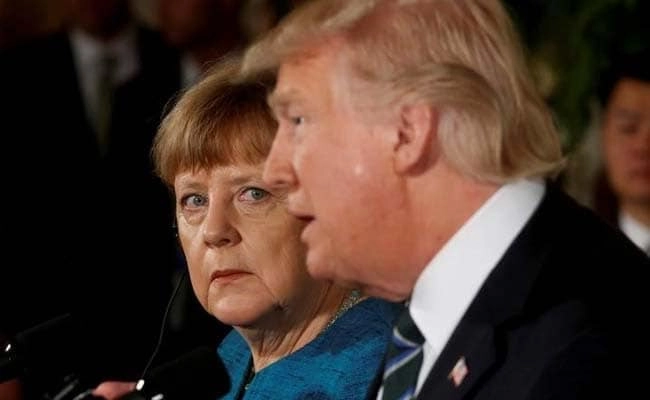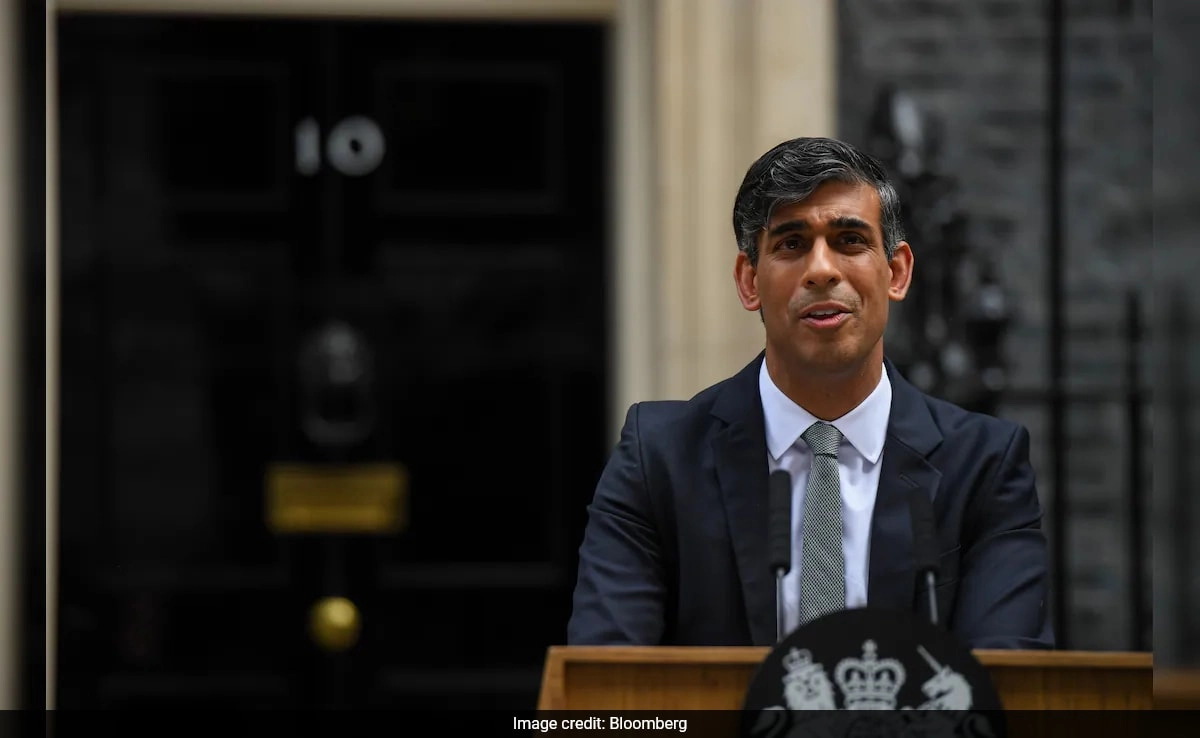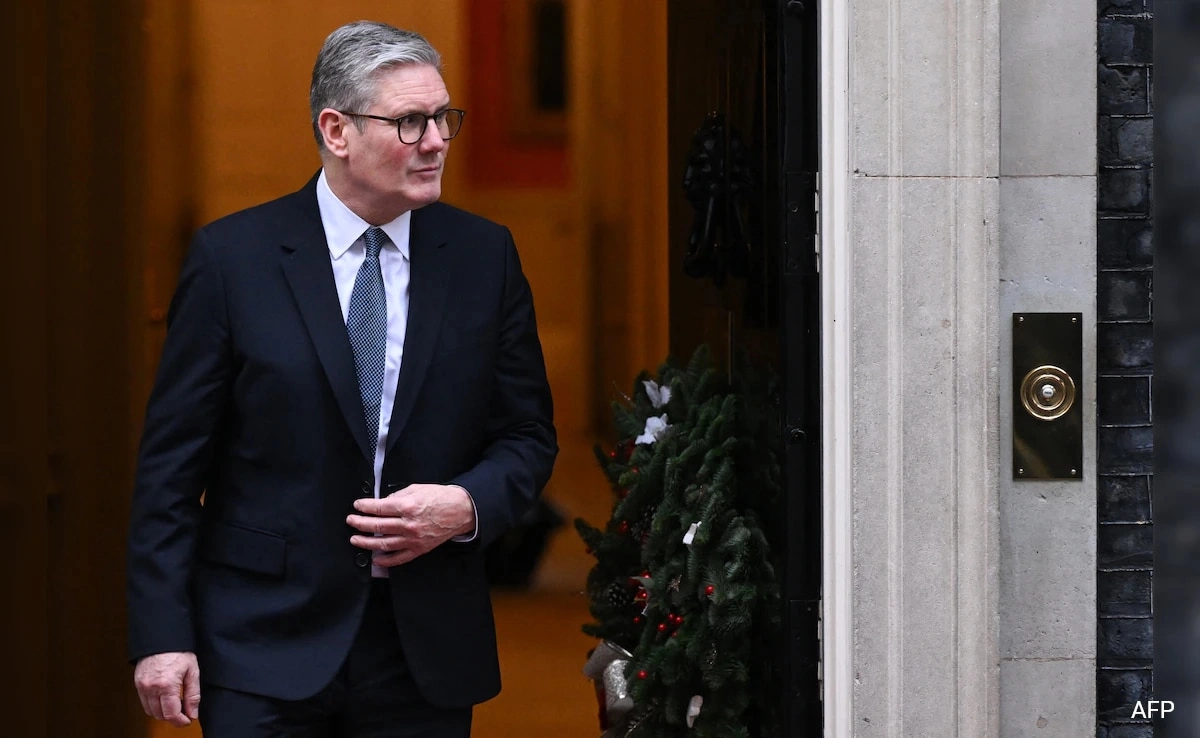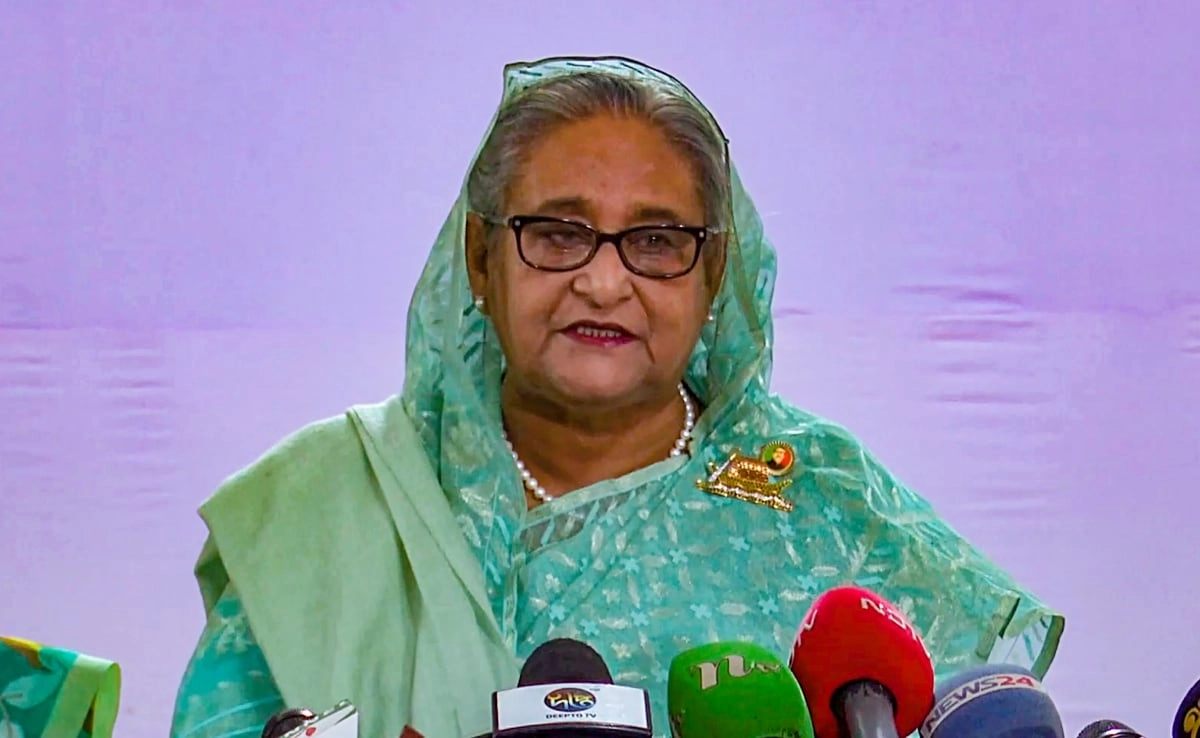In a recent discussion, former German Chancellor Angela Merkel reflected on her experiences with Donald Trump, highlighting his perspective that nations operate in a state of competition. According to Merkel, Trump often articulated a worldview where countries were seen as rivals, each striving to outdo one another in various domains. This competitive stance, she noted, diverged significantly from the collaborative approach that many leaders have historically favored, particularly in the context of international relations and diplomacy. Merkel suggested that this mindset can lead to a more confrontational atmosphere, where cooperation and mutual understanding take a backseat to nationalistic ambitions.
Merkel’s observations shed light on the complexities of global politics during Trump’s presidency. She expressed concern that such a competitive mindset could undermine longstanding alliances and partnerships. In her view, international cooperation has been essential in addressing global challenges, such as climate change, security threats, and economic instability. By framing international relations as a zero-sum game, where one nation’s gain is perceived as another’s loss, Trump’s approach could potentially hinder collaborative efforts that are crucial for tackling issues that transcend national borders.
The former chancellor emphasized the importance of dialogue and diplomacy in fostering positive international relationships. She argued that countries should strive to work together to find common ground rather than viewing each other solely as competitors. Merkel’s reflections serve as a reminder of the need for a more nuanced and cooperative approach to global governance, especially in an era marked by rising nationalism and geopolitical tensions. Her insights underscore the potential dangers of a competitive worldview in international relations, advocating for a return to collaborative strategies that prioritize shared goals and mutual benefits over divisive competition.




